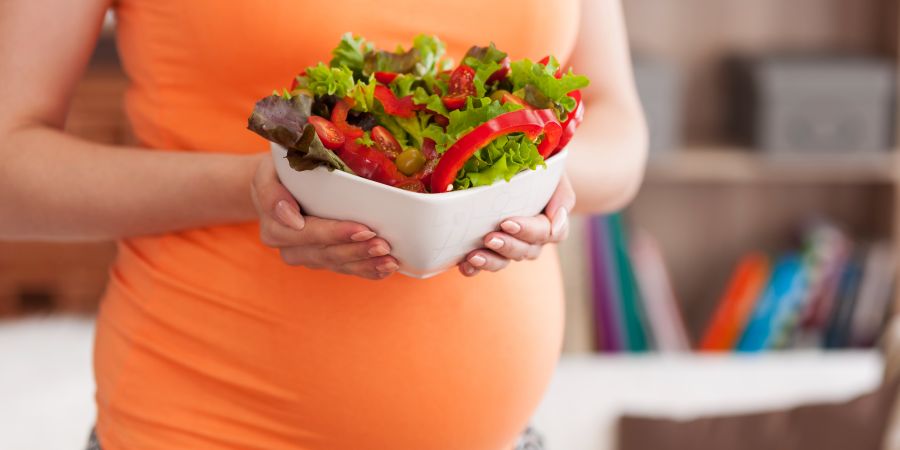

When you're pregnant, it's more important than ever to adopt a healthy lifestyle. It's vital to understand what precautions you can take to protect your and your baby's health. Prenatal care is one of the most crucial parts of a healthy pregnancy. You should have your first visit in the first 6 to 8 weeks of your pregnancy when your menstrual period is 2 to 4 weeks late. If you're in good health and don't have any complicated health issues, you should see your doctor every four weeks till the 28th week of pregnancy, then every two weeks until the 36th week. Afterward, you'll have a weekly visit till you conceive a child, whether by induction or otherwise.
Nutrition:
Eating healthy is one of the best strategies to have a good pregnancy. Since you're feeding two people, it's even more important to eat nutritious foods and avoid anything that can harm your baby as he or she grows. Dieting and calorie restriction are not advised while expecting; you will need to take an additional 300 calories per day to assure that you and your baby are adequately nourished, especially as your pregnancy progresses. Calories, on the other hand, vary greatly between women. If you're a slim lady or carrying twins, you may need to consume more than 300 calories. However, if you're already overweight, you might need less. Whatever the case, you should consult with a healthcare practitioner.
Women need 1,000 mg of calcium per day daily, but calcium intake should be increased throughout pregnancy to compensate for bone calcium loss. Calcium may be found in a wide variety of foods, such as low-fat dairy products like milk, cheese, and yogurt; calcium-fortified orange juice, soy, and cereal; green leafy vegetables like spinach, kale, and broccoli; and tofu, dried beans, and almonds.
Many people realize the role of folic (folic acid) for pregnant women. Pregnant women and those intending to become pregnant should take 0.4 milligrams of folic acid each day. Some women prefer to change their eating habits with vitamins in addition to the folic they get from food.
Staying hydrated is also essential for staying healthy when pregnant. Since your volume of blood increases throughout pregnancy, the best way to stay healthy is to stay hydrated and avoid constipation.
Exercise:
Exercising is an excellent way to keep in shape during pregnancy. There's no reason to stop exercising when you're expecting; in fact, dietary guidelines urge that you exercise for 30 minutes or more each day. Regular exercise throughout pregnancy has several benefits, including avoiding massive weight gain, decreasing acute injuries, puffiness, and diarrhea, relaxing, increasing energy, creating a pleasant attitude, strengthening your body for delivery, and minimizing recovery time after labor.
Proper Sleep:
Getting enough sleep is another crucial part of maintaining comfort and health throughout pregnancy. Pregnancy can be exhausting, so you may feel more weary than usual at the end of the day. Sleeping will become more difficult as the baby gets larger, but fall asleep as much as possible - it will make you feel better!
Eating healthily, getting sufficient sleep, exercising, and staying hydrated are all important for your overall health when pregnant. If you try to eat healthy foods and keep a positive attitude during your pregnancy, the good moments will certainly exceed the bad.


